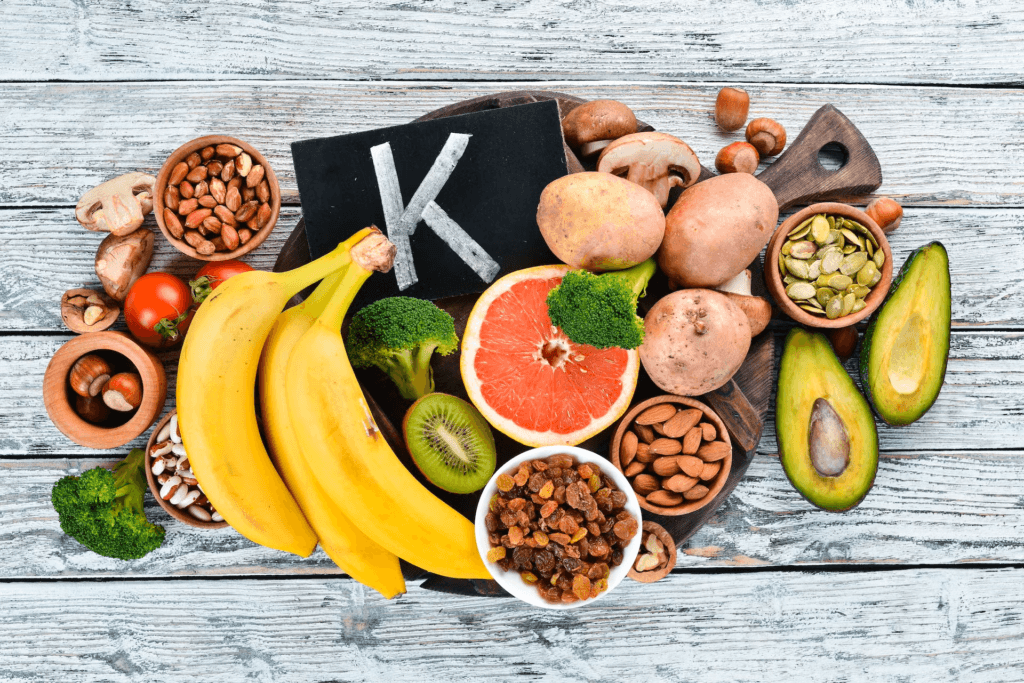
High blood pressure, or hypertension, is incredibly common – and in many cases, preventable. While salt reduction often takes the spotlight, there’s another key nutrient that plays an important role: potassium.
Why Potassium Matters
Potassium helps regulate fluid balance, supports nerve and muscle function, and most importantly, counteracts the effects of sodium. A diet high in sodium and low in potassium can raise blood pressure. Potassium helps your kidneys flush out excess sodium and relaxes blood vessels, both of which contribute to better blood pressure control.
What the Research Says
Recent studies have strengthened the case for potassium’s role in managing hypertension. A 2023 meta-analysis published in the Journal of Hypertension found that potassium supplementation significantly reduced systolic blood pressure by an average of 3.5 mmHg. The reduction was even greater in people already being treated for high blood pressure, those with a high-salt diet, and individuals of Afro-Caribbean origin – all of whom are more likely to struggle with blood pressure control.
Supporting this, research in the American Journal of Physiology–Renal Physiology recommends that individuals trying to lower their blood pressure should not only cut down on sodium but also increase their intake of potassium-rich foods, such as bananas. This dual strategy appears to regulate blood pressure more effectively than sodium reduction alone.
Potassium-Rich Foods
You can find potassium in a wide range of fresh, everyday foods. Fruits like bananas, oranges, and avocados are excellent sources. Leafy greens, tomatoes, and sweet potatoes are potassium-rich vegetables worth including regularly. Legumes (such as lentils and beans), nuts, and seeds also provide a good amount. Low-fat dairy products like milk and plain yoghurt contribute as well, along with fish such as salmon and tuna.
These foods not only support blood pressure control but also offer fibre, antioxidants, and other nutrients that benefit heart health overall.
How Much Potassium Is Safe?
Most healthy adults should aim for around 3,500 mg of potassium per day, primarily from whole foods. Some individuals may benefit from slightly higher levels – up to 4,700 mg daily – but this should only be done under medical supervision.
⚠️ Important caution: People with chronic kidney disease, heart failure, or those taking certain medications – including ACE inhibitors, ARBs, potassium-sparing diuretics, or long-term NSAIDs – are at risk of elevated potassium levels. In these cases, even moderate increases can be dangerous and lead to complications like irregular heart rhythms. Always consult your GP before changing your potassium intake.
Final Thoughts
Simple changes in your diet can lead to powerful improvements in your health. At OneMedicine, we help you take a personalised, proactive approach to managing blood pressure and protecting your heart. If you’d like expert support in building a heart-smart eating plan, we’re here to help.
















